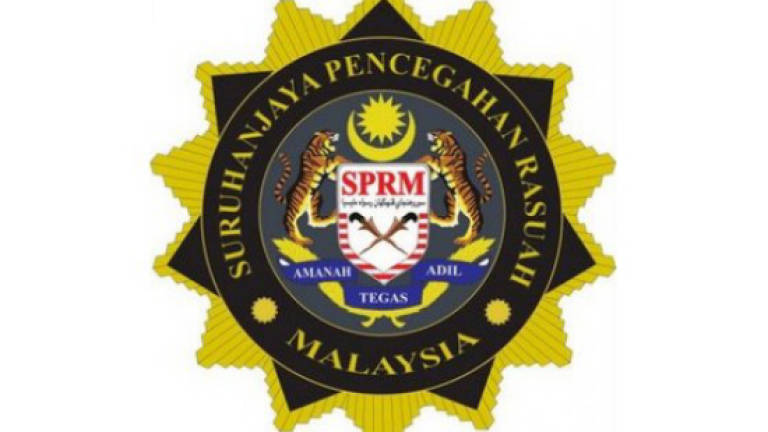MACC: Enforcement agencies prone to corruption

KUALA LUMPUR: The Malaysia Anti-Corruption Commission advisory board has identified enforcement agencies such as the police, immigration, customs and the Inland Revenue Board as being prone to corruption.
Its president, Tunku Abdul Aziz Tunku Ibrahim, said because they have wide powers of enforcement they are more easily approached by those seeking "help".
"The more power they have, there is always a bigger chance of them to be corrupt," he said.
He said there are those against corruption but they usually have no power to help people.
"If an officer has a lot of power, then will be approached because there will be those who will want his 'help' and some officers give in to this temptation," he said.
Tunku Abdul Aziz said corrupt staff not only cause loss of revenue for the government but the nation's security will be put at risk too.
He cited an example of corrupt immigration officers allowing criminals into the country and this will cause problems not only to the public but also they may become a security concern.
On corruption in the civil service, especially involving senior officers, he said the government must re-look at how senior officers are appointed.
"The government must do positive vetting before officers are appointed to senior posts. The police, IRB and other relevant agencies must carry out in-depth checks on the officers' background," he told reporters after attending the board's meeting today.
He said it is important for the government to put the right people in the right job, especially in key positions.
He added that there absolutes in life and integrity is one of those.
He said this message needs to be passed to the younger generation because the rot in a fish begins at the head and not at the tail or elsewhere.
At the same press conference, retired Appeals Court judge Datuk Mohd Noor Abdullah, who is a board member, hit out at the seemingly softer stand in sentencing individuals convicted of corruption.
He reminded judges that they have to hand out sentences that are equal to the crime and that corruption is a crime.
He said if you only fine an accused who is corrupt a small amount it would indirectly mean that the person has "benefited" from being corrupt.
He said a jail sentence would be more appropriate because it would also send the message that corruption does not pay.
Mohd Noor also urged the media to publish all the facts and reasons why a person had been acquitted of corruption and not just the acquittal.
He said this will help the public understand the reasons for the acquittal.